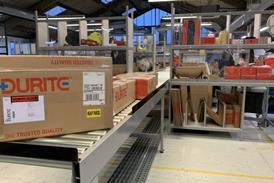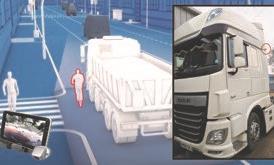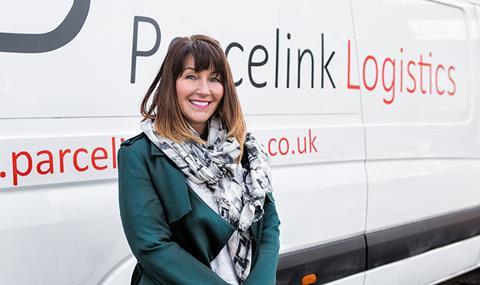
Former City Link manager Sarah Squire has built a business carrying irregular parcels, and says that by cutting out the hub and keeping the business transparent, she will keep it from meeting her former employers' fate.
On Christmas Day 2014, Sarah Squire turned on her TV and learnt she had lost her job. As City Link’s national business development manager, Squire had been at the company for nearly six years, and said losing the firm was a shock that triggered a grieving process. When she found a job with another carrier just days later, she couldn’t give it her all.
“I loved City Link,” she told MT. “I loved the people and the way they worked. So when I worked for someone else, I couldn’t give it my life and soul. I couldn’t imagine doing that for anyone else.”
Instead, after a brief stint in consulting, Squire saw a gap in the market for a uniquely structured carrier of irregular freight and jumped headfirst into founding Parcelink Logistics
Losing the hub
Parcelink’s USP is that it cuts out the hub part of a parcel’s journey. The business moves mostly curtain poles and window blinds – cosmetic products that don’t fit onto automated sorters so get manhandled through hubs, picking up scuffs and bumps along the way.
“Because they can’t be automated, they tend to be dragged off the van and dragged across the hub. But these products sit in customers’ living rooms – they can’t be damaged,” Squire said.
“Some major carriers say ‘I don’t want that in my network, there’s a reason City Link went bust’. But when you think about it, it’s not a bad shape; it’s long and thin, and you can fit loads of them into a van.”
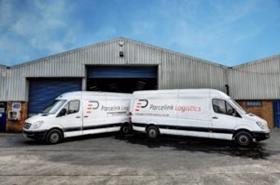
So Squire’s drivers collect products from retailers and deliver to the Parcelink depot, where they are manually sorted (“City Link did this too but because we deal a lot with similar products, there’s a particular way of handling it”) and loaded back onto vans and sent off to its delivery depot for the final mile.
Squire doesn’t shy away from the fact her operation is a costly one, but she said that customers see the benefit of the bespoke way it functions.
“In the two and a half years we’ve been going, I’ve only lost two customers to other carriers, both on pricing. And both of them came back, without any prompting from me.”
The final mile element of the operation is fulfilled by Yodel, with any trunking carried out by a third party.
Parcelink has 19 customers, not all of which are in the window decoration space, but are in the market of items that do not fit well into a hub. “One of our bigger customers sells car mats,” she said, “which you’d think would fly around on a sorter. But they’re packed in shiny plastic bags and the scanners reflect off them, so they get a lot of mis-sorts.
Niche market
Her niche market hasn’t dampened Squire’s appetite for expansion. Earlier this year the business moved to a new depot twice the size of its original site, and Squire is confident she can build on the 12,000 consignments moving through her network weekly.
“We’ve barely scratched the surface of what we could do for our customers,” she said. “We’re talking to Dunhelm Mill and Robert Dyas as they don’t sell a lot of our typical product on their websites because they have to add the carrier’s surcharge. But they still move approximately 800 a night, without pushing it. We don’t charge a surcharge, and our business could easily double in size overnight with one of those contracts.”
These household names aren’t the only ones Squire has her eye on. “UPS has a lot of business I would like to take. I’ve just taken on a new sales manager and she’s looking at a lot of opportunities I’ve identified but haven’t been able to pursue because I’ve been busy running the business,” she said.
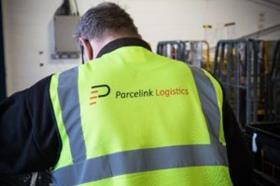
Handing over the sales reins was something she found particularly difficult to begin with. “I didn’t think anyone could sell the service as well as I could, but the business couldn’t expand because I was busy running it,” she admitted.
Parcelink is midway through its third financial year, which will close in September. In its first year the company turned over £2.2m, followed by £2.7m.
While these figures may not paint a picture of strong year-on-year growth, Squire explained, what they do not show is the hurdles the business overcame in its second year. “In the space of seven days, a customer went bust and left a deficit of £40,000, and we lost those two customers. Everything was turned upside down."
Off the payroll
Squire could not afford to keep all her staff on the payroll. “I had to go to our customers begging them to take on my drivers for a few weeks. They took them for six weeks. We found every-body a job and we took everyone back.”
With its balance sheet intact, 15% turnover growth forecast and a dedicated sales manager in place, Squire told MT now is the time for the business to increase.
“We are ready for growth. I’m proud of what we do. We own our vans and our drivers are all employed.”
But, she added, with City Link ever present at the back of her mind, Squire is confident she won’t make the same mistakes as the ill-fated carrier.
“With a big business, costs get hidden to show what people want. I have complete control and all our costs are transparent.
“We are ready to expand with the right customers at the right pace. Every day I feel as happy as I did at City Link – just less frustrated because there’s less red tape. And I love it.”

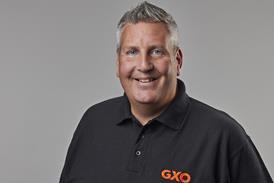

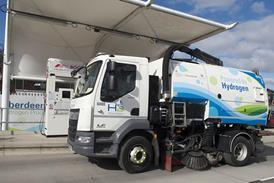


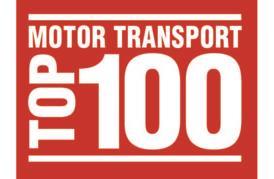


![Mercedes-Benz_eActros_600_(1)[1]](jpg/17820_mercedesbenz_eactros_600_11_978080.jpg)

